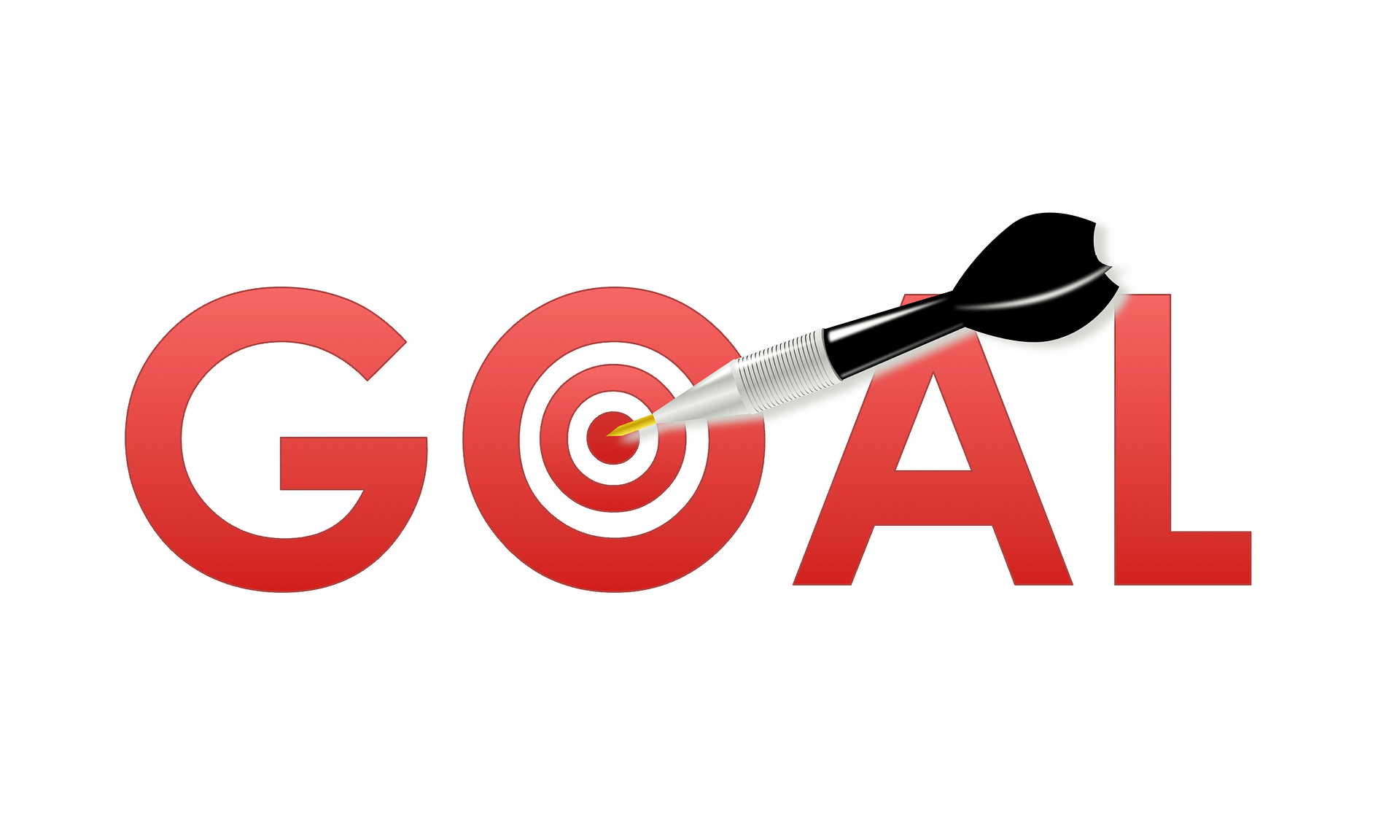How to Improve Productivity in Your Small Business
by Mashum Mollah Small Business Published on: 15 April 2019 Last Updated on: 21 October 2024

Running a small business? You’ll probably already know how important productivity is. If not, then you should be. No matter how big your team is, making sure they’re motivated and working to the best of their ability is a huge factor in determining how well your business does. Unlike big corporations, your small team of workers really matter on an individual basis. That means if one of them is lacking or isn’t working to their full capability, it could really affect your bottom line. That’s why business leadership is essential, and luckily there are some online courses available on that subject. Click here for the best ones of 2020.
So the reality is, your productivity in a small business is super important. Thankfully, it’s easy to fix. If you’ve had issues making sure everyone is working as well as they can, then you’re in the right place. In this article, we’re going to look at a number of key tips to help improve efficiency, motivate your staff, and ultimately make the productivity in your business better.
You don’t always increase productivity simply by forcing people to work harder. It might seem like the most simple solution, but it isn’t. Often, it’s counter-effective. That’s because when staff feels like they’re being treated like cattle or slaves, their performance levels drop. Sometimes, less is more – that’s why some places who have dropped to 30 hour weeks find they produce more than when they were on 40 hour weeks. That’s because their staff has more energy, are more relaxed and feel more valued. Those hours where they are at work, they simply work harder. It’s an important point to remember when trying to fix the productivity levels in your business.
Here are How to Improve Productivity in Your Small Business:
1. Big data:

By analyzing your entire workforce and having the data to back it up, you’ll be able to see exactly where you need to make changes. This sort of information used to be hard to come by, but now with big data, you can find chokepoints or look at new ways to improve efficiency in your workplace.
Employees used to find it difficult to know exactly how they were contributing or where they can improve. Big data gives you the analytical tools you need to show everyone specific examples. That means you can adapt your workplace norms to improve productivity and make sure everyone is pulling in the same direction. You can find out more about big data and productivity with a bit of research.
2. Remote working:

One way to really help improve productivity in your workplace is to allow your employees to work remotely, especially from home. This can increase morale and cut down on journey times, giving them a more productive time to work. Not only that, but it can help cut overheads as you don’t need to look after a busy office as often. Getting your employees working remotely could really help take your productivity to the next level.
3. The cloud:
The cloud can help boost your productivity levels too. Have you ever wasted hours getting files or documents transferred or printed? You’re not alone. The cloud makes collaboration so much easier, both in the workplace and when working with other clients or businesses. The cloud has streamlined a lot of processes that used to take ages, and it can help do that for your business, too.
4. Delegation:
Try not to take on too much yourself. If you’re the boss, it’s understandable that you might want to lead by example, but you shouldn’t be in charge of smaller tasks. You need to take a managerial view, and to do that you need to delegate. Make sure you’ve got the right people in the right roles, and don’t concern yourself with day-to-day tasks that you can get someone else to do better.
Delegations are the key to productive small business. You need time and space to look at things from an operational and strategic level. Not only should you be delegating certain roles, but your other managers and team leaders should also be aware of how to delegate further. Make sure everyone is going the right job for their specific role, and don’t load too much work on any one employee.
5. Reduce distractions:
When you’ve got something you really need to work on, you will want to reduce distractions as much as possible. If you’ve got an important document that needs finishing or a special client to meet with, you might want to let your staff know so they don’t interrupt you. You can even try switching off your phones and going to a separate working space to help get things done. When you’ve got deadlines to meet in a busy period, you’ll want to minimize distractions as much as possible.
6. Set goals and targets:
One way to help motivate your whole team is to set clear goals and targets. Make sure everyone knows what they’re working for and why they’re doing it. Re-affirm goals and targets as often as possible Put up posters if you have to. Make it clear what everyone has to do and what they’re working towards at all times.
7. Offer rewards:
One way to boost productivity is to offer incentives. You can start with bonuses. People work for a reason – money. If your business is doing well, you can share some of the spoils. People love to see a bit extra in their pay packet and it helps keep them motivated. But don’t just hand over cold hard cash. When people hit their goals and targets, make sure you reward them. This could be with a team dinner, a box of chocolates, or anything you can think of. Make sure people feel valued and motivated. Try and reward the whole team together when you can, rather than just individuals.
8. Improve morale:
Rewards are a good way to improve morale, but so are genuine compliments. Make sure your employees feel valued. Try team-building trips and other morale-boosting exercises to help people bond and improve workplace relationships. All of this goes into creating a happy and motivated team, which in turn helps with productivity.
9. Use the right tools:
There are apps and other pieces of software that can help you analyze your productivity and make changes, as well as reduce distractions or simply make people’s jobs easier. Make sure you use all the right tools to try and boost productivity in your workplace.
Read Also:






































































































